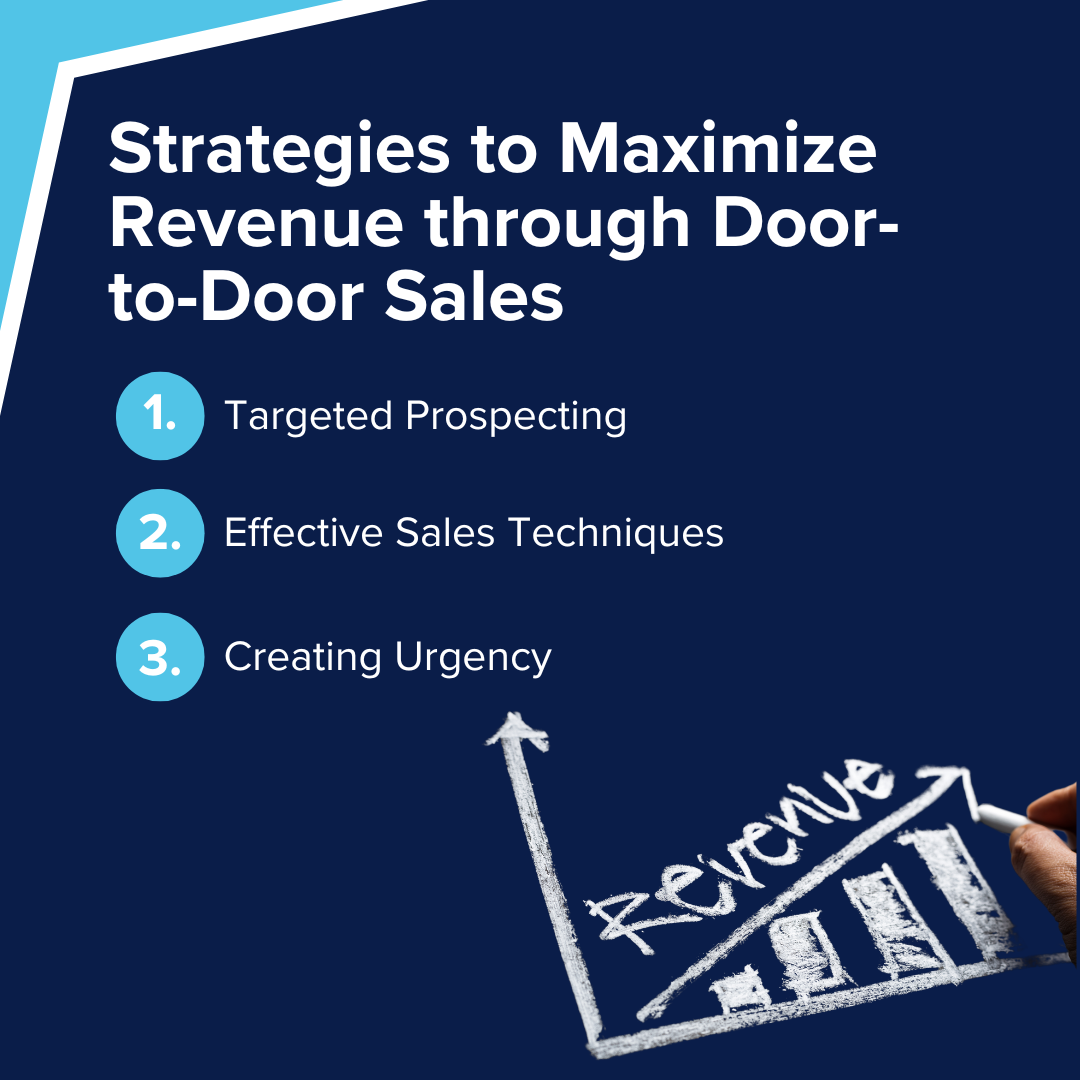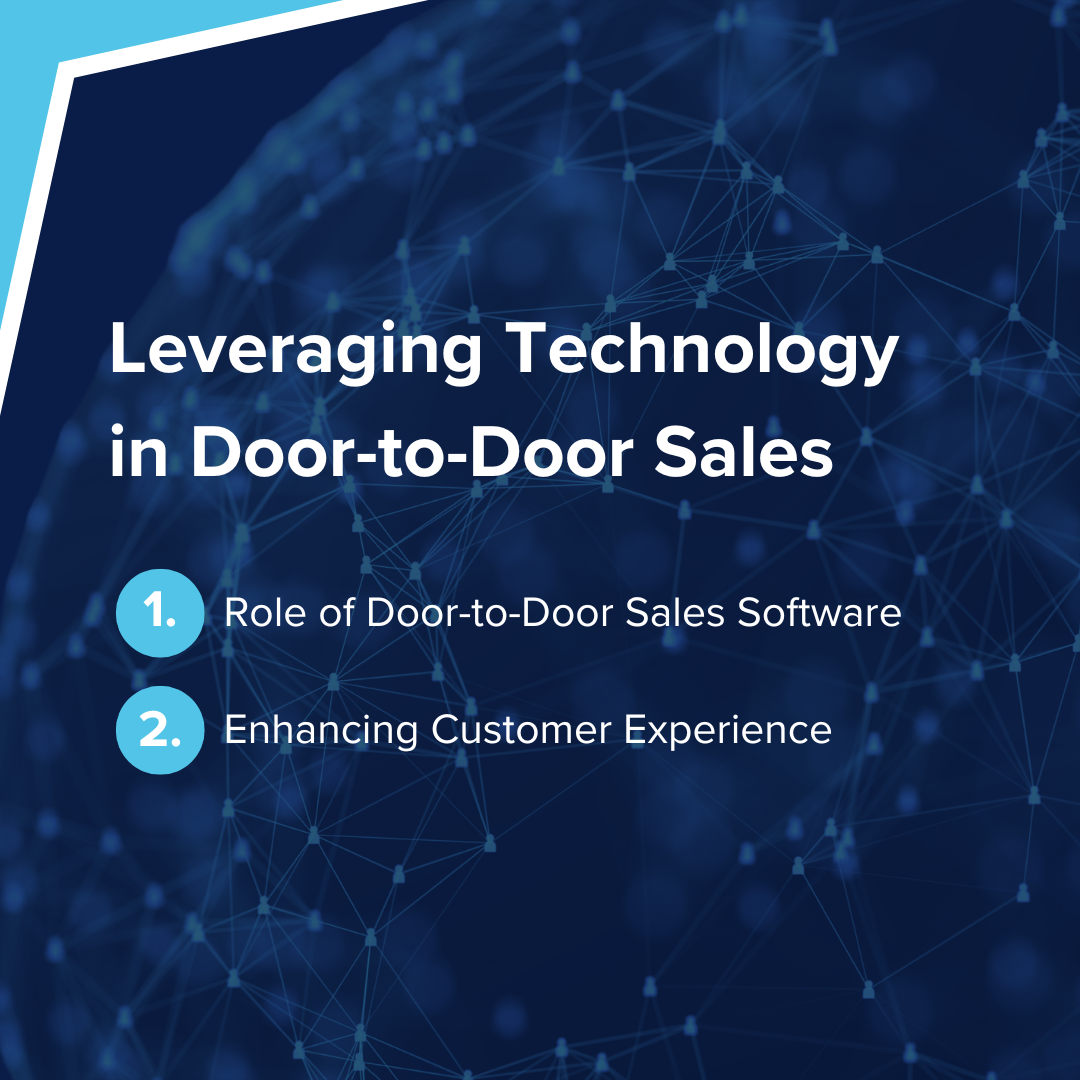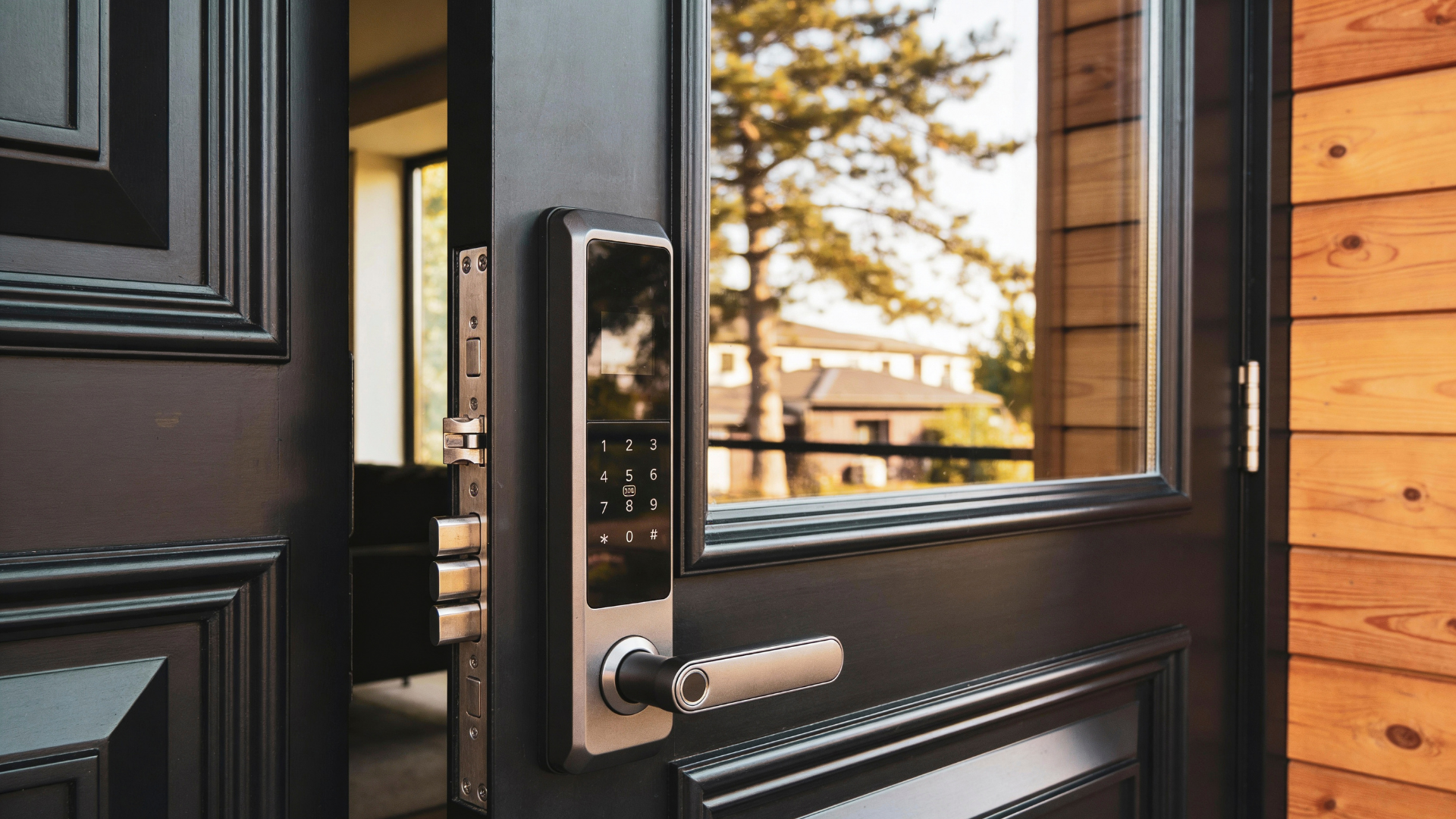In an era dominated by digital marketing, door-to-door sales might seem like a relic of the past.
However, this traditional sales method has proven to be a powerful tool for businesses looking to boost their revenue. Door-to-door sales can be a game-changer as it provides direct customer engagement, real-time feedback, and high conversion rates.
In this blog, we'll explore the ins and outs of door-to-door sales, its advantages, and strategies to maximize its potential.
Understanding Door-to-Door Sales
Door-to-door sales involve sales representatives visiting potential customers at their homes or businesses to sell products or services.
This method has a rich history, dating back to the early 20th century when it was a primary means of selling household goods and services. From vacuum cleaners to encyclopedias, the door-to-door salesman was a common sight in neighborhoods across the country.
Over the years, the practice has evolved. While it faced a decline with the rise of telemarketing and e-commerce, it has experienced a resurgence as businesses recognize its unique benefits in building personal connections and building trust.
Evolution of the Practice
The advent of new technologies and changing consumer behaviors have shaped the modern landscape of door-to-door sales.
Today, sales reps are equipped with tablets and smartphones, allowing them to access customer data and provide personalized pitches.
The integration of data analytics has enabled more targeted and efficient prospecting, ensuring that sales teams' efforts are focused on high-potential leads.
Current Trends
Recent studies have shown a renewed interest in door-to-door sales, with companies reporting impressive growth and effectiveness. Implementing effective door sales tips can further enhance these impressive growth and effectiveness metrics.
According to industry reports, door-to-door sales can achieve conversion rates of 2% to 5%, significantly higher than many digital marketing methods.
This growth is fueled by the increasing demand for personalized customer interactions and immediate problem-solving capabilities.
Thriving Industries
Certain industries have found door-to-door sales particularly effective. Home services, security systems, and solar energy are examples where direct customer engagement has driven significant revenue growth.
For instance, home security companies often rely on door-to-door front-door salespeople to demonstrate the benefits of their systems in real-time, addressing customer concerns on the spot.
Advantages of Door-to-Door Sales
Door-to-door sales, while seemingly old-fashioned, offer unique benefits that many modern sales methods can't match. From direct engagement with customers to high conversion rates, this approach can be a powerful tool for boosting your business's revenue.
Let's dive into the key advantages of door-to-door sales and explore how they can benefit your business.

1. Direct Customer Engagement
Personal connection and trust-building with potential customers.
One of the standout benefits of door-to-door sales is the unparalleled opportunity for direct customer engagement. This face-to-face interaction fosters trust, making customers more receptive to the sales pitch.
Building a personal connection is crucial in sales, as it allows representatives to tailor their message to the unique needs and concerns of each customer. This adaptability can significantly enhance the effectiveness of the sales pitch.
Ability to address customer needs and objections in real-time.
Door-to-door sales provide the invaluable advantage of addressing customer needs and objections in real-time.
If a potential customer has concerns or questions, the sales rep can immediately provide answers and alleviate any doubts. This immediate resolution of objections can lead to higher conversion rates, as customers are less likely to delay their purchasing decision.
2. Market Research Opportunities
Gathering immediate feedback from customers.
Door-to-door sales also serve as an excellent tool for market research. Sales representatives on the ground gather immediate feedback from customers, offering insights that are often more candid and detailed than those obtained through surveys or online reviews.
Understanding local market dynamics and customer preferences.
This direct feedback helps businesses understand local market dynamics and customer preferences. For instance, sales reps can identify common pain points, preferred, product or service features, and even the price sensitivity of different neighborhoods.
This information is invaluable for refining product offerings, adjusting marketing strategies, and tailoring sales pitches to better meet customer expectations.
3. High Conversion Rates
One of the most compelling reasons to invest in door-to-door sales is the potential for high conversion rates. Industry statistics indicate that door-to-door sales can achieve average conversion rates of 2% to 5%.
While this may seem modest, it is significantly higher than many other sales methods, such as email marketing or social media advertising, where conversion rates often hover around 1% or lower.
4. Fosters a Positive Attitude
Door-to-door sales can help salespeople develop a positive attitude by teaching them to handle rejection and turn setbacks into opportunities.
In door-to-door sales, encountering objections and refusals is part of the process. However, each interaction provides a learning experience, helping salespeople build resilience and confidence. This positive attitude enhances their performance and makes them more persistent and motivated, ultimately leading to greater success in their sales efforts.
Strategies to Maximize Revenue through Door-to-Door Sales
Maximizing revenue through door-to-door sales requires more than just knocking on doors; it involves strategic planning and execution. From identifying the right neighborhoods to perfecting your sales pitch, a thoughtful approach can significantly enhance your success rates.
Let’s explore key strategies and sales tips that can help you make the most of your door-to-door sales efforts and drive your business’s revenue growth.

1. Targeted Prospecting
Effective door-to-door sales begin with identifying high-potential neighborhoods and demographics. Utilizing data analytics can help pinpoint areas with the highest likelihood of success, ensuring that sales reps focus their efforts where they are most needed.
2. Effective Sales Techniques
Crafting a compelling sales pitch is crucial for any door-to-door salesperson. Utilizing a well-crafted sales script can help sales reps stay organized and cover key points during their pitch.
Sales reps should tailor their presentations to address individual customer needs and preferences. Active listening and adaptability are key in selling door-to-door—understanding customer responses and adjusting the pitch accordingly can make all the difference in closing a sale.
3. Creating Urgency
Encouraging immediate purchases through limited-time offers and free trials can significantly boost conversion rates. Creating a sense of urgency motivates customers to decide on the spot, rather than delaying or reconsidering the purchase.
Leveraging Technology in Door-to-Door Sales
Technology plays a crucial role in enhancing the efficiency and effectiveness of door-to-door sales. Businesses can streamline operations, improve customer interactions, and boost overall sales performance by integrating advanced tools and software.
Let's explore how leveraging technology can transform your door-to-door sales strategy and drive better results for your business.

1. Role of Door-to-Door Sales Software
Software like Knockbase can streamline door-to-door sales operations, making the sales process much more efficient and effective.
Features such as route optimization, lead management, and performance tracking help sales reps maximize their productivity and ensure they are targeting the right prospects.
2. Enhancing Customer Experience
Access to customer data allows for a personalized approach, enhancing the customer experience.
Improved follow-up processes and customer engagement tools ensure that potential leads are nurtured, giving easier access to prospect's contact details and converted into loyal and satisfied customers.
Training and Developing a Successful Sales Team
Equipping door-to-door salespeople with the necessary sales skills and knowledge is critical. Comprehensive training programs that cover product knowledge, sales techniques, and customer engagement strategies prepare more sales reps for success in the field.
Utilizing gamification and incentives can boost team morale and performance. Tracking sales performance and providing rewards for top performers encourage a competitive yet collaborative environment, driving overall team success.
Wrapping Up
Door-to-door sales offer a unique and highly effective method for driving revenue and building strong customer relationships. Despite the rise of digital marketing and e-commerce, the personal touch and immediate feedback that door-to-door sales provide remain unparalleled.
The real-time market research opportunities that come with door-to-door sales enable businesses to stay ahead of trends and better understand their local market dynamics.
To maximize the benefits of door-to-door sales, businesses should focus on targeted prospecting, effective sales techniques, and creating a sense of urgency. Utilizing data analytics to identify high-potential neighborhoods and demographics ensures that sales efforts are concentrated where they are most likely to succeed.
About Knockbase
At Knockbase, we specialize in cutting-edge D2D sales software designed to simplify operations, boost team engagement, and enhance productivity.
Whether in HVAC, home security, roofing, pest control, or any other industry, Knockbase provides the tools to streamline your canvassing and sales efforts.
Join us today
Request a demo today and see how Knockbase can help you elevate your door-to-door sales efforts to new heights. Download Knockbase for Android and iOS to start your sales journey.
Frequently Asked Questions
Q1. Is door-to-door selling still relevant in the digital age?
Yes, door-to-door selling remains relevant as it fosters personal connections and trust that digital marketing cannot replicate, making it an effective complement to online strategies.
Q2. What tools can enhance door-to-door sales efforts?
Utilizing software like Knockbase can help streamline operations, improving efficiency through features such as lead management, route optimization, and performance tracking.
Q3. How can I measure the success of my door-to-door sales campaign?
Success can be measured through metrics such as conversion rates, total sales generated, customer feedback, and the campaign's overall return on investment (ROI).
Q4. What are common mistakes to avoid in door-to-door sales?
Common mistakes include failing to research the target market or area, being overly aggressive in selling, neglecting to listen to customer needs, and not following up after the initial visit.













